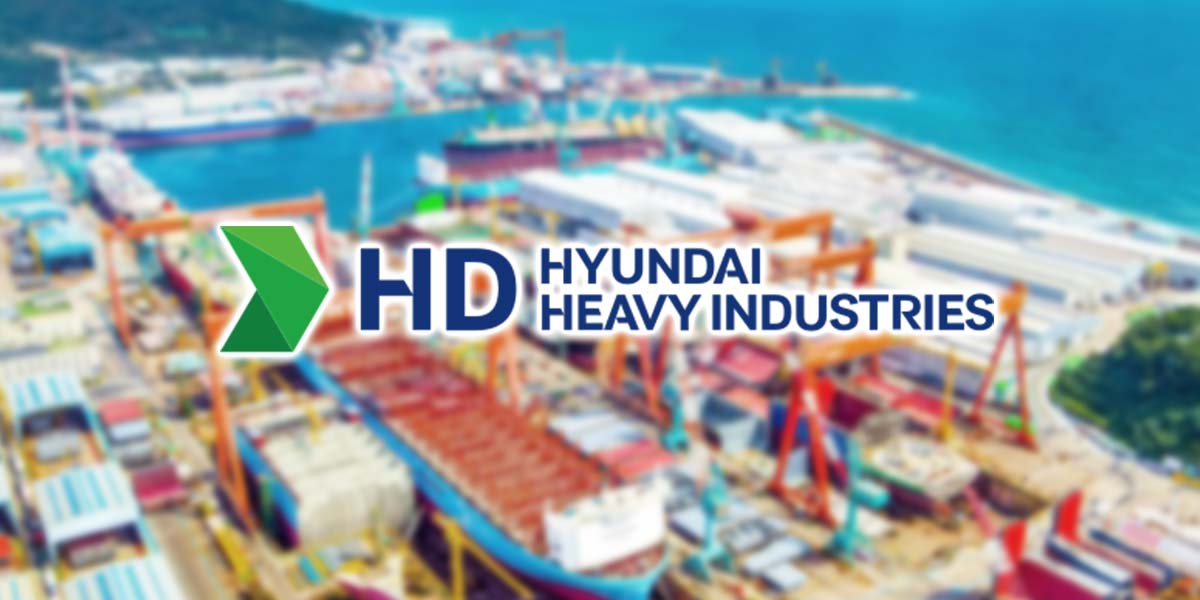South Korea’s HD Hyundai Heavy Industries is exploring the acquisition of a U.S. shipyard as the company seeks to capitalize on President Donald Trump’s efforts to revitalize the American shipbuilding sector, according to a senior company executive.
Woo-maan Jeong, head of planning and management for HD Hyundai’s naval and special ship division, stated that HD Hyundai aims to generate annual revenue of KRW 3 trillion (USD 2.2 billion) from building warships for the U.S. Navy by 2035. However, he declined to identify the companies involved in ongoing talks or specify the potential investment’s size.
Jeong cited the widening disparity in naval capabilities between the U.S. and China and the insufficient U.S. capacity for producing warships as key drivers for increased market openness. He noted, “The U.S. will have to utilize the infrastructure and capacities built already by its allies to overcome a short-term ship shortage.”
Once a world leader in shipbuilding capacity during World War II, U.S. shipyards accounted for only 0.04% of global market share in 2024, according to U.N. Trade and Development data. China and South Korea, however, now represent 83% of the global commercial shipbuilding market.
South Korea pledged USD 150 billion in investments to the U.S. shipbuilding sector in July as part of a $350 billion investment package tied to talks over reduced tariffs.
In August, HD Hyundai announced a merger with its affiliate HD Hyundai Mipo to leverage Mipo’s shipyards, with the aim of scaling up its warship business and playing a leadership role in collaborative U.S.-Korea shipbuilding projects.
Jeong acknowledged several challenges to establishing shipbuilding operations in the U.S., including a shortage of skilled workers and high turnover rates among shipyard staff. He estimated that it might take three to five years to train U.S. workers, referencing Hyundai’s prior experience establishing a shipyard in Peru.
Another potential barrier is the U.S. immigration policies, especially after the recent arrest of hundreds of Korean workers at Hyundai Motor’s battery facility in Georgia. Jeong called for more flexible visa arrangements for Korean trainers.
Jeong also highlighted the U.S. legislation as another challenge. These laws, such as The Jones Act and Byrnes-Tollefson Amendment, limit the ability of foreign firms to build ships domestically. However, Jeong stated that Congress is considering amendments to relax these regulations for foreign groups, though a full repeal is unlikely.
Despite these obstacles, Jeong stated the U.S. remains the most promising market for warships globally. He stated if the company aims to do business with the U.S., it must have a manufacturing plant in the U.S.





